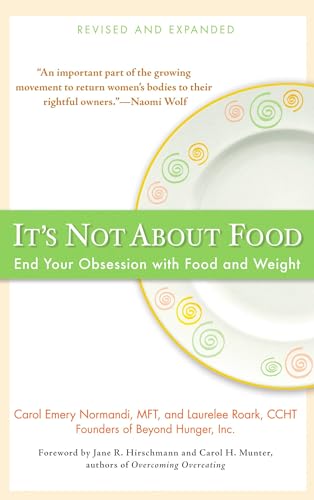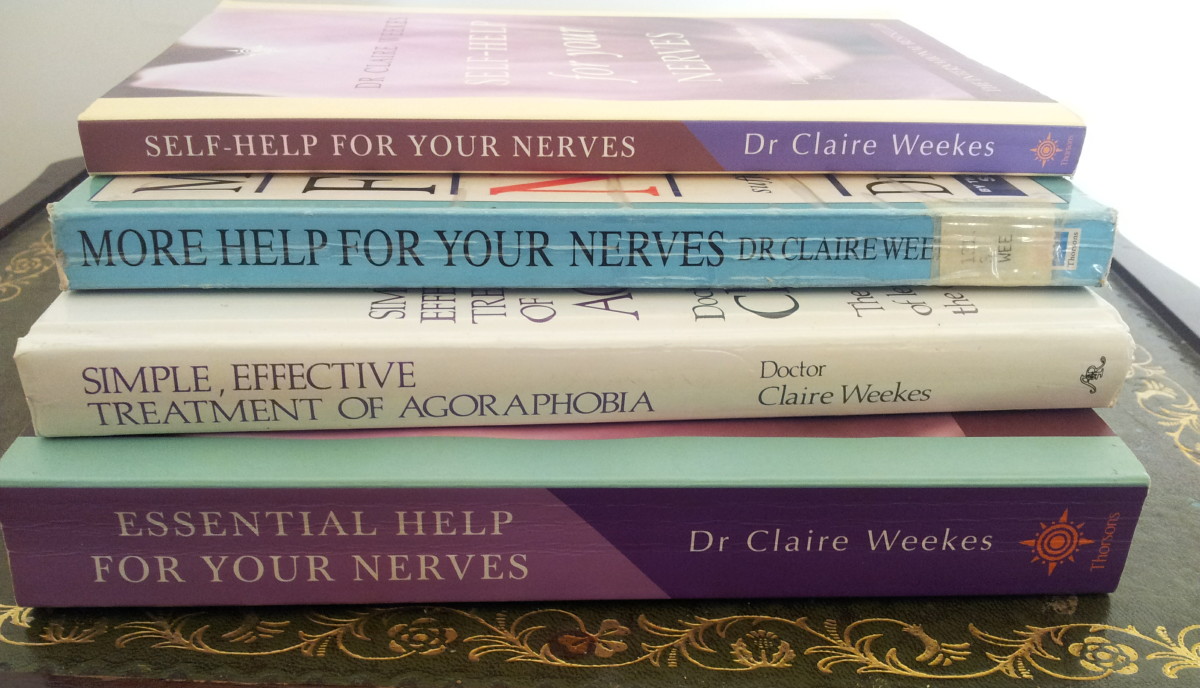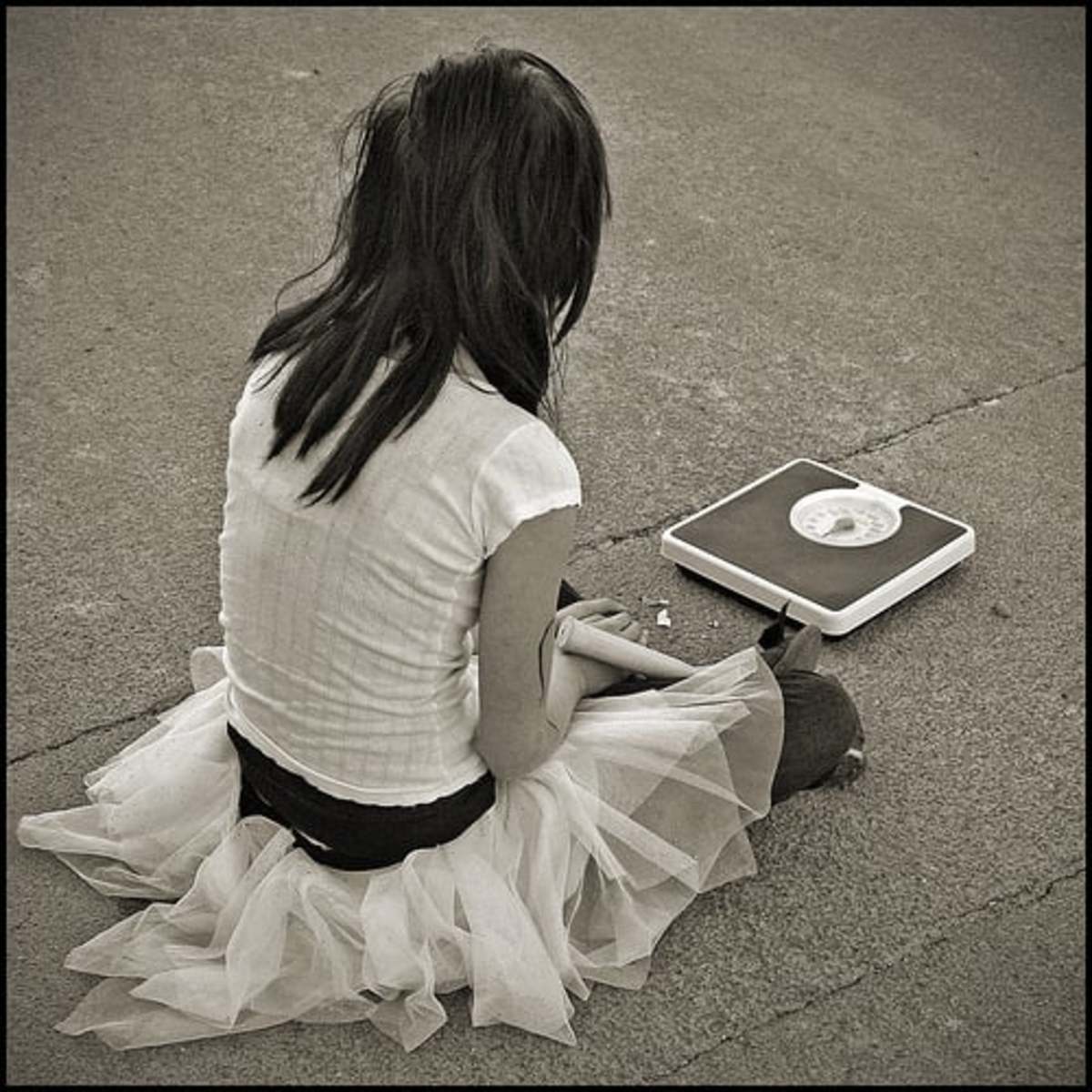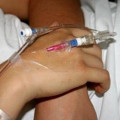The Truth About Life with Anorexia and the Struggle of Fighting a Disease that Doesn't Stop Fighting Back
Living with an Eating Disorder Isn't Living at All
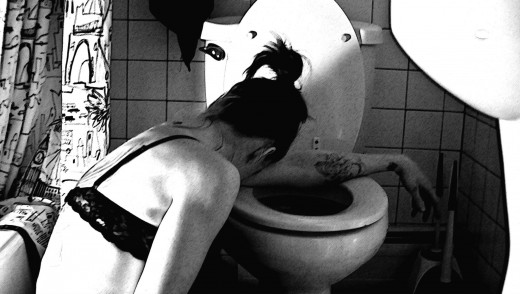
It's Not About the Food: End Your Obsession with Food and Weight
Eating Disorders - The Only Disease Where Recovery Feels Like a Bad Thing
When I was fifteen years old I was diagnosed with anorexia nervosa, but my struggles began years earlier. I have struggled with my eating disorder now for almost two decades, and sometimes I feel like I am fighting a losing battle.
On good days, my brain feels like its 60% me, and 40% my eating disorder. On bad days however, its 100% my eating disorder and no looking back.
Eating disorders are unique illnesses because they cause the patient to fear life without the disease. I can't think of any other illness where patients fear recovery. This is what makes battling an eating disorder so difficult, and this is why eating disorders are the number one killer among all mental illnesses.
When someone has an eatng disorder, be it anorexia, bulimia, or binge eatng disorder, recovery doesn't mean getting better, it means giving up control and admitting defeat.
When I am in the throws of my anorexia, recovery doesn't mean health - it means getting fat, it means losing control, and it means being weak.
In the world of eating disorders, the only perfect anorexic is a dead anorexic. We only win when we lose, and reality becomes a warped, warped thing.
Inside the Mind of Someone Struggling with an Eating Disorder
Read This Riveting Memoir by Jenni Schaefer About Living Without Her Eating Disorder
Recovering from an Eating Disorder
Recovering from anorexia is a journey, and a long one at that. The sicker a patient is when they start the journey, the bumpier the ride.
Eating disorders are often a result of chaos at home. By controlling one's weight, and the food one consumes, a sense of control is gained that cannot be found elsewhere.
To recover from an eating disorder means relinquishing that control, and from personal experience, nothing is as hard as relinquishing control over food when you feel like that is literally the only thing in the world you have control over.
Patients will fight as hard as possible to avoid gaining weight or to prevent people from increasing their food intake. With every pound lost, the patient becomes more and more entrenched in the disease, and it becomes harder and harder to pull them out.
One in ten people diagnosed with anorexia nervosa die from the disease. Most of the other nine will likely suffer throughout their life bouncing back and forth between health and sickness.
I don't know if this applies to everyone with an eating disorder, but I personally don't believe that anyone can recover completely from this illness. Yes, we may find a common ground where we learn to survive - a place where the eating disorder voice is no longer overwhelming, but I don't think it ever disappears completely.
Voices in the Darkness - Eating Disorders and the Effects of Social Media
The Silent Voice of an Eating Disorder
Treating a patient with an eating disorder is not easy. In most cases, the patient will require inpatient or residential treatment if they want a chance (just a chance) at recovery.
Because of the nature of the disease, it can be easy to be deceitful and dishonest when others try to help you recover. More likely than not, you developed the disease because it felt like the only choice you had at the time.
Once the disease progresses, a nagging voice grows inside of you, telling you that you aren't good enough, you aren't thin enough, and that you will fail at everything you try.
The voice of an eating disorder is hard to ignore. The more malnourished you become, the louder the voice becomes, and any time the eating disorder feels threatened, it whispers in your ear that you can't trust anyone, and that their only goal is to make you fat.
When it comes to eating disorders, fat is the same thing as failure. Gaining weight is viewed as weakness. Recovery is viewed as failing, and admitting you need help just isn't an option.
If You Are Struggling with an Eating Disorder, Please Know That You are Not Alone
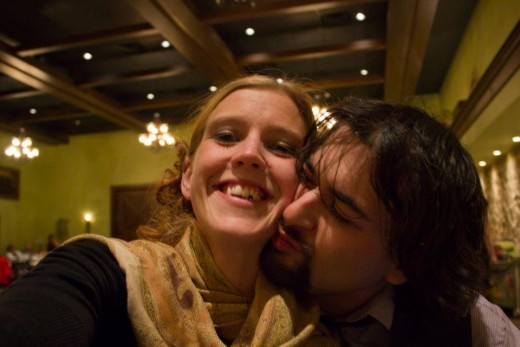
The Endless Struggle that Comes Along with Eating Disorders
I first entered treatment for my eating disorder when I was sixeen I believe. Its hard to remember at this point because of the number of treatment centers I've been to, and the length of time I have struggled.
In total I have had nine stints on eating disorder units inside various hospitals, as well as over twenty stays at long-term residential centers all over the country. When I was eighteen years old I was told that I would never recover from my disease, and that it was only a matter of time before my disease took my life.
That was nine years ago.
No, I didn't die, obviously. I have struggled however, and am still struggling today.
The hardest part about this disease is admitting when you need help. The longer you wait, the harder it is to recover, but the less you wait, the more you risk hearing from people some of the worst things you can say to someone with an eating disorder. Things like, "well, you don't look like you have an eating disorder" or "I always thought people with eating disorders were thin".
Hearing statements like that does nothing but fuel the eating disorder voice, causing it to nag you every time you try to eat a meal, or even a snack.
Imagine if every time you tried to eat something, a voice inside of your head told you that you didn't deserve that food.
Eating disorders are competitive, destructive diseases. Even when you are trying to recover, the eating disorder fights back, telling you that you have nothing to recover from and that you couldn't possibly be as sick as they say you are, afterall, you're fat.
Eating Disorders are Vicious Diseases that Attack Both the Body and the Spirit
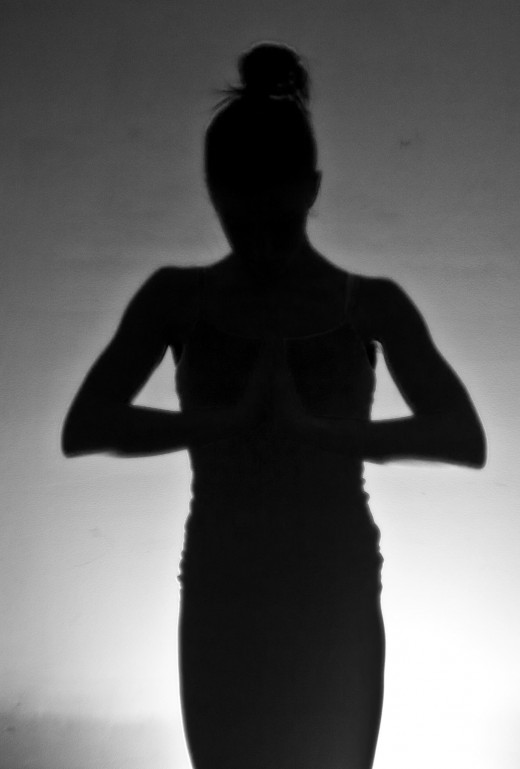
The Body Image Workbook was Designed to Help You Overcome Negative Body Thoughts
My Life Today, as a 27 Year Old Anorexic
I don't want to sound like I label myself as an anorexic, but I do accept the fact that I struggle with anorexia, and that I probably will for most of my life.
Today I had to take a huge step and call my old doctor, admitting that my anorexia has become a problem again, after close to five years in remission.
Before I dialed his number, my brain was bombarded with eating disorder thoughts. "You aren't sick enough to see him, what are you thinking!?" "If you wait another week you can lose five more pounds."
My hands shook as I dialed his number, knowing that seeing him could mean that I would have to go back into treatment.
When you have an eating disorder, it can feel like the only thing in the world that you have. It tells you that it is your only friend, and that no one else could possibly love someone so disgusting.
Today I know that isn't true, and I know that I am loved. I have a terrific husband, loving parents, great brothers, and now I have a second family made up of my mother in law, my father in law, and my new brother-in-laws.
I accept the fact that I have slipped back into my illness, and I accept the fact that the journey in front of me is not a well paved road.
Despite that I know that giving in to my eating disorder would mean giving up things I am not ready to sacrifice.
I have cats who need me to care for them, and a husband who deserves a wife that is not entrenched in the grips of an eating disorder.
Am I scared? You have no idea. I'm even shaking as I type these words. Luckily however, I have seen the light of recovery before and I know what kind of life it offers me, compared to the paralyzing "life" ruled by anorexia. That is why I am choosing to ask for help, not because I believe that I need it, but because I have seen this tape play through before, and I know that if I don't act now, I may not have another chance.
© 2014 Kathleen Odenthal

